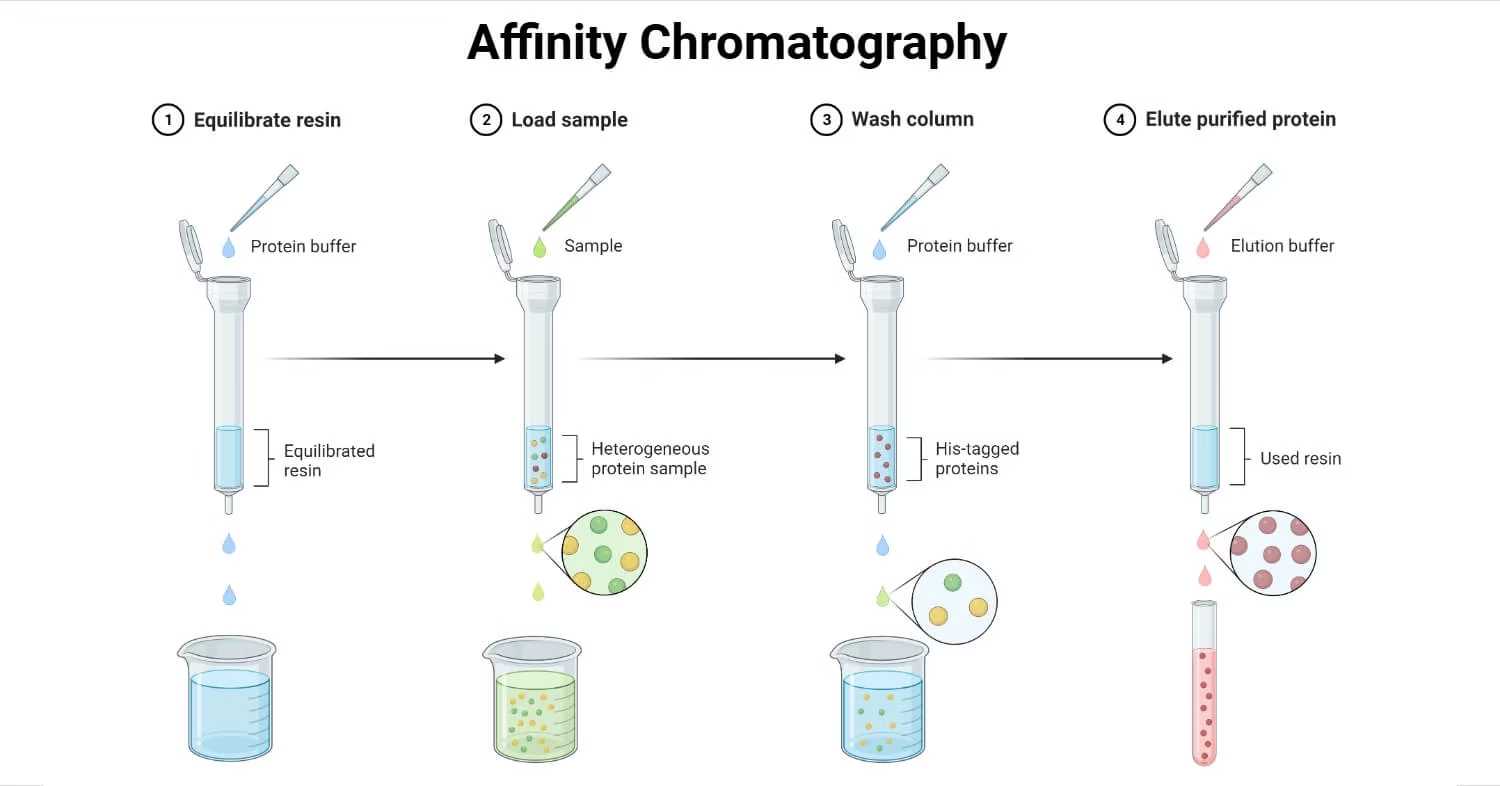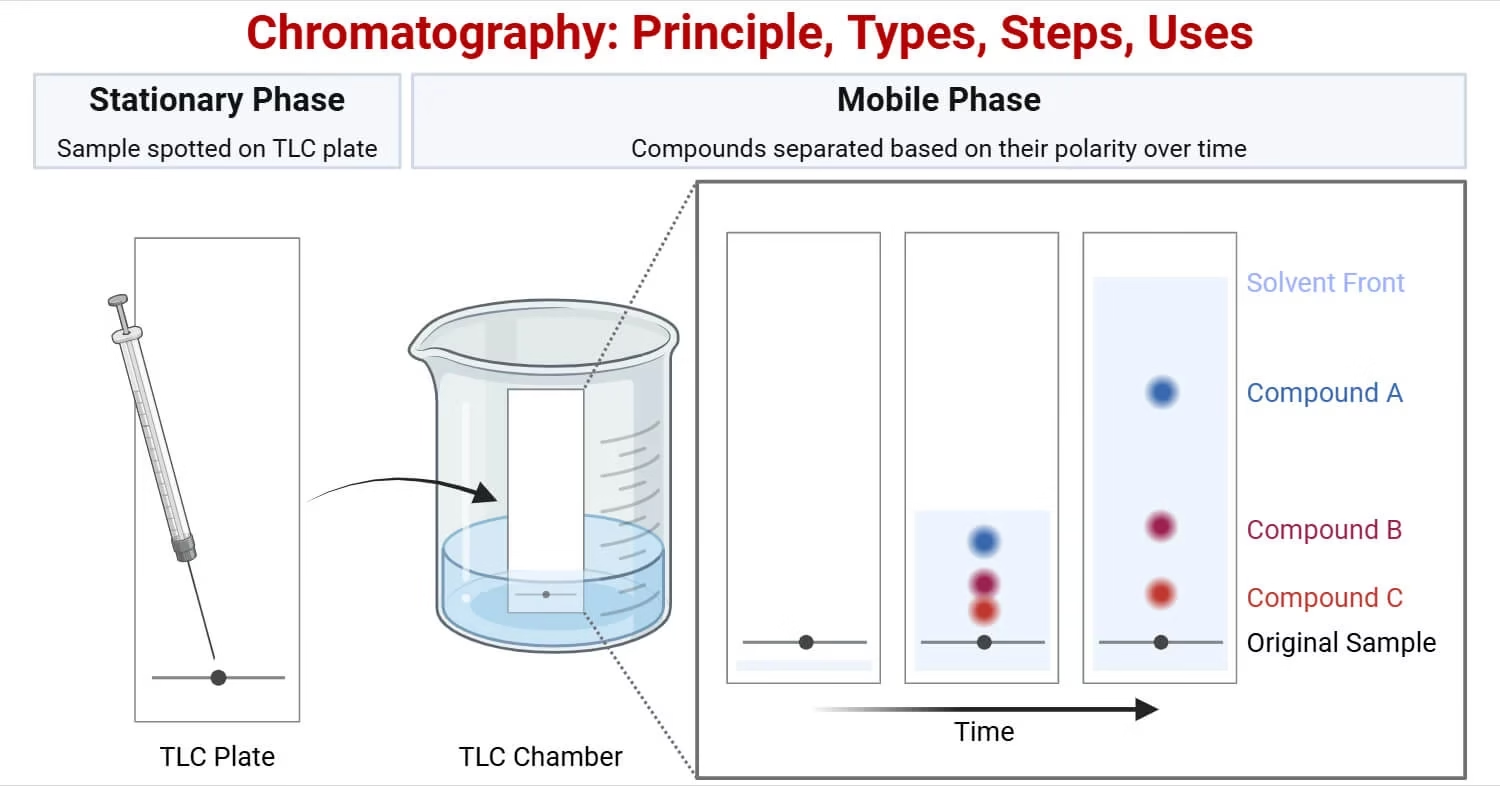Bioreactor – Principle, Design, Parts, Types, Applications, and Limitations
A bioreactor is a specialized vessel used for biological reactions and fermentation processes. It provides a controlled environment where microorganisms, plant cells, or animal cells can grow and produce useful products like antibiotics, enzymes, organic acids, and biofuels.









